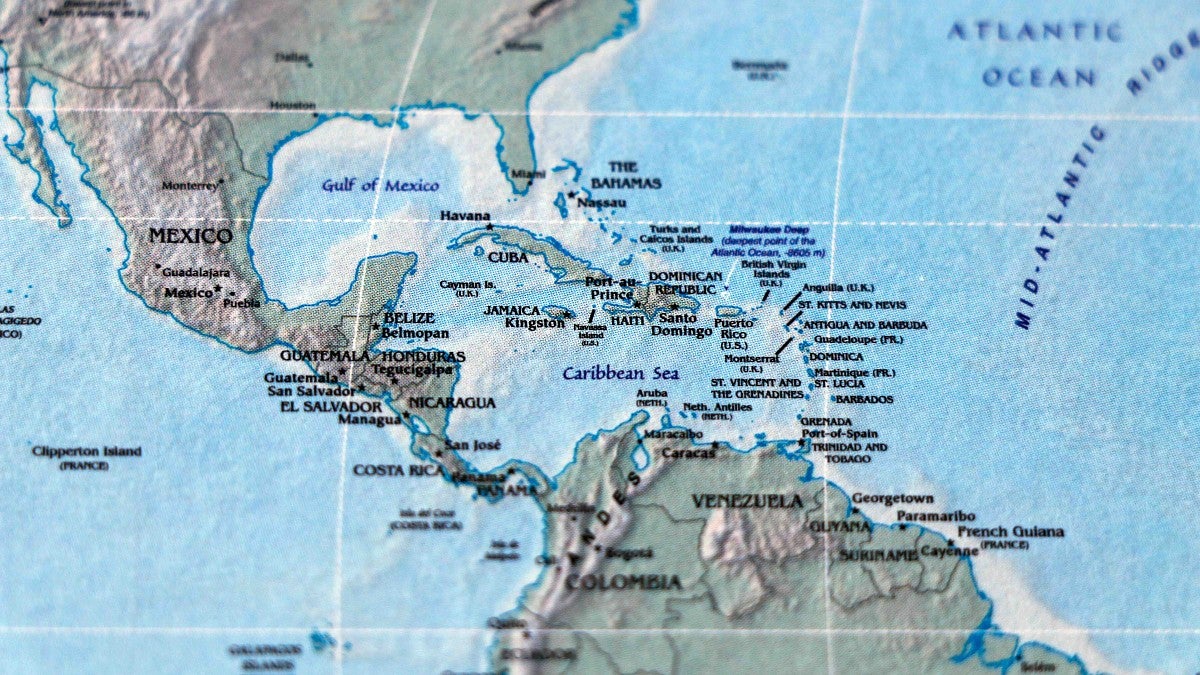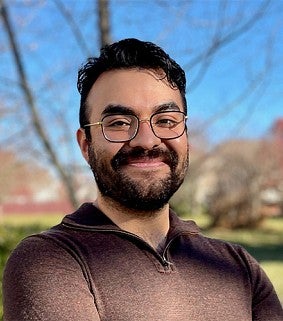
April 21, 2025 - 4:00pm
An upcoming conference will explore how shifting borders and migrations have impacted perceptions of what it means to be Indigenous and Latinx and how this can be studied in academia.
Multiple departments, programs and organizations are collaborating to host a symposium on Latinx and Indigenous migrations, histories and identities April 24-25. Through conversations about the history of cross-border movements, documentary media framings of these movements, and contemporary lived experiences across borders, the symposium will address a wide array of topics surrounding Indigenous and Latinx border and migration experiences.
Indigenous and Latinx cultural identities are often artificially separated within academic, political, and administrative spheres, said Lynn Stephen, Philip H. Knight Chair and Professor of Anthropology. Indigenous identities are federally recognized tribes, while Latinx studies tend to focus on broad Latinx identities, rather than examining how these identities interact both historically and in the present. Academic studies sometimes overlook the complex ways in which Indigenous and Latinx cultures and identities continually influence and impact each other.
“These determinations have come through processes of colonialism, and we’re looking at the ways in which the US state and the Mexican state have been involved in them, which is really important,” said Stephen, co-organizer of the symposium.
The symposium is organized by the University of Oregon’s Department of Anthropology, in conjunction with the Center for Latino/a and Latin American Studies, Oregon Humanities Center, Division of Graduate Studies, Native American and Indigenous studies, Latinx studies, Division of Equity and Inclusion and College of Arts and Sciences.

Titled the Limits and Possibilities of Cross-border Latinidades & Indigeneities, the symposium will address these topics through paired conversations between Indigenous, Latinx, and non-Indigenous scholars, both from within and outside the UO. These conversations will cover these topics interdisciplinarily, which should help make them more accessible for general audiences, said co-organizer Ramón Resendiz, Assistant Professor of Anthropology at UO and Postdoctoral Fellow at the Center for Research on Race & Ethnicity in Society at Indiana University. He was a part of the College of Arts and Sciences’ Latinx cluster hire.
“The interdisciplinary focus of the conversations should make it more engaging to a general audience. Sometimes, academic disciplinarity makes us do a specific type of jargoned performance and the conversation can get siloed off in the process. That's not what we want to do,” Resendiz said. “We want to have a conversation with the audience and to be in conversation with each other, across disciplines and beyond our institutions.”
Aside from conversations that explore these interwoven identities and cultures, there will be a second day of activities that allow graduate students to engage and converse with the outside academics, presenting a unique opportunity to further conversations beyond just those at the symposium.
Both Stephen and Resendiz emphasized the importance of not only reaching students, but getting the community involved as well. This way, conversations happening in academia reach those affected by them, and develop a greater communal understanding. Because there are separate panels, community members, faculty, and students have an opportunity to hear about at least one topic of these cross-border studies, or ideally, all.
The symposium will be held in the Ford Lecture Hall of the Jordan Schnitzer Art Museum for all conversations on April 24. One main goal is to provide easy access to conversations about difficult topics.
“Our biggest hope is that we have some really interesting conversations about very important issues. Some of the questions are fraught and difficult,” Stephen said. “There's not a lot of easy answers. But I think having interesting conversations is the most important thing. It’s vital that we have these conversations publicly and that we celebrate and recognize the scholarship in these interrelated fields."
— By Grace Connolly, College of Arts and Sciences
